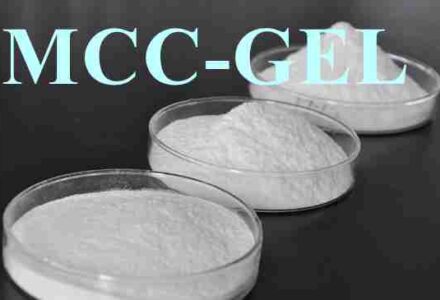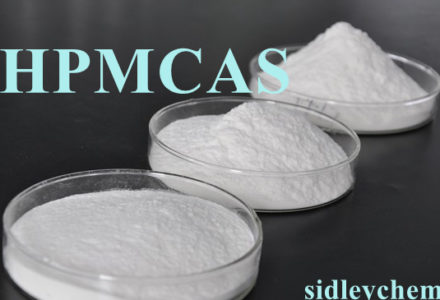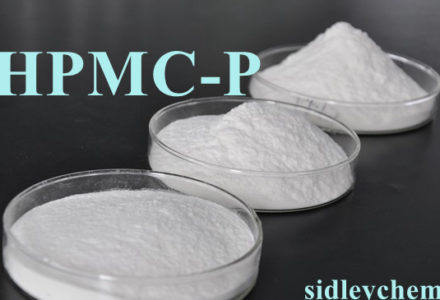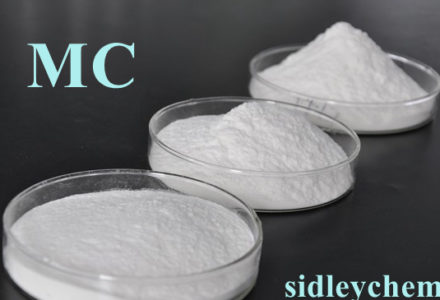Effects of Temperature on the Hydroxy Ethyl Cellulose Solution Hydroxy ethyl cellulose is a kind of white or light yellow powder, odorless, tasteless and nontoxic. Moreover, its advantageous characteristics are quite prominent. For example, its water solubility, salt tolerance, and so on are the reasons why we use it. However, in the use of.. read more →
Enzymatic Properties of Hydroxy Ethyl Cellulose The degradation will occur in Hydroxy Ethyl Cellulose under the action of the enzyme. Anti-biodegradability is measured by the viscosity change of the Hydroxy Ethyl Cellulose solution before and after the attack of the enzyme under certain conditions. Changing the molecular structure of Hydroxy Ethyl Cellulose can improve its resistance to.. read more →
Hydroxy Ethyl Cellulose (HEC) Definition: It is the product of some or all of the hydrogens on the hydroxyl group in the cellulose replaced by the hydroxy ethyl, with Good film properties and transparency. Hydroxyethyl Cellulose is a white or light yellow fibrous or powdery solid, tasteless and nontoxic, prepared from the alkaline.. read more →
Effects of Hydroxypropyl Methyl Cellulose(HPMC) in Dry Mortar in Construction Molecular Formula of Hydroxypropyl Methyl Cellulose(HPMC): [C6H7O2(OH)3-m-n(OCH3)m,OCH2CH(OH)CH3]n]x 1. Hydroxypropyl Methyl Cellulose is easily soluble in cold water but difficult to be soluble in hot water. However, its gelling temperature in hot water is significantly higher than that of methyl cellulose (MC). And compared with.. read more →
Effects of Methyl Cellulose in Dry Mortar in Construction Molecular Formula of Methyl Cellulose (MC): [C6H7O2(OH)3-h(OCH3)n]x Methyl Cellulose or MC 1.Methyl cellulose is soluble in cold water and may encounter difficulties when dissolved in hot water. The aqueous solution is very stable in the range of pH=3~12. It has good compatibility with starch, guar gum,.. read more →




